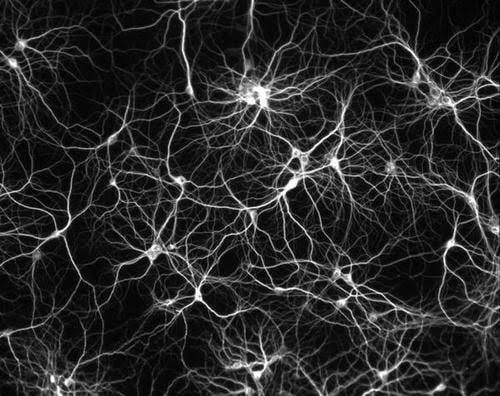
The Last of Us: Maybe mushrooms taking over the world won't be a bad thing?
Mycelium is like nature's Dark Net, underground, unregulated, mysterious, vast, and... dark.
There's so much we don't know about the magical world of fungi, but now it's being recognized for its potential to revolutionize the food industry.
There has been growing interest in the potential of mycelium as a solution for sustainable food production. Mycelium is made up of a network of thread-like structures called hyphae. While often thought of as the "root structure" of the mushroom, it's more like the trunk of the tree and mushrooms that we are used to eating are the fruit.
"Mycelium is the vegetative part of a fungus. It is a network of cells living within and throughout almost all landmasses on Earth. More than 8 miles of these cells can be found in a cubic inch of soil."
How exactly does mycelium work? The answer lies in its unique growth and reproductive processes. When mycelium is exposed to the right conditions - such as warm temperatures, moisture, and a nutrient-rich environment - it begins to grow and spread rapidly. As it grows, it produces fruiting bodies that contain spores, which can then be used to grow more mycelium.
One of the main advantages of mycelium is its ability to grow rapidly and efficiently. In fact, it can double in size in just a few hours under the right conditions. This makes it an ideal candidate as an alternative protein solutions that offers fast and efficient growth.
Another key benefit of mycelium is its high nutritional value. It is rich in protein, fiber, and a variety of vitamins and minerals, including B vitamins, calcium, and iron.
This process is incredibly efficient, requiring relatively little input in terms of resources and energy. In addition, mycelium is able to break down complex organic compounds - such as lignin and cellulose - that other organisms are unable to digest. This means that mycelium can be used to convert waste materials into valuable food sources.
Mycelium is able to grow in a variety of environments, including in low-light conditions and even in the absence of soil. It has the potential to reduce the environmental impact of traditional agriculture. It requires less water and space than traditional farming methods, and produces minimal waste. Furthermore, mycelium has the ability to capture and store carbon, making it a potential solution to climate change.
As the food industry continues to evolve and adapt to new challenges, mycelium will be a key player in shaping the future of sustainable food production.
